Our work
EDRi is the biggest European network defending rights and freedoms online. We work to to challenge private and state actors who abuse their power to control or manipulate the public. We do so by advocating for robust and enforced laws, informing and mobilising people, promoting a healthy and accountable technology market, and building a movement of organisations and individuals committed to digital rights and freedoms in a connected world.
Filter resources
-

PEGA hearing about spyware and ePrivacy
Following the public revelations of the widespread use of Pegasus and other spyware, the European Parliament formed the Committee of Inquiry to investigate the use of Pegasus and equivalent surveillance spyware (PEGA) in March 2022.
Read more
-

Chat Control – A good day for privacy
The Austrian parliament voted in its EU committee to adopt a resolution that has a binding effect on the position of the Austrian government not to agree to the proposal for the controversial child sexual abuse regulation, if it is not brought in line with fundamental rights.
Read more
-
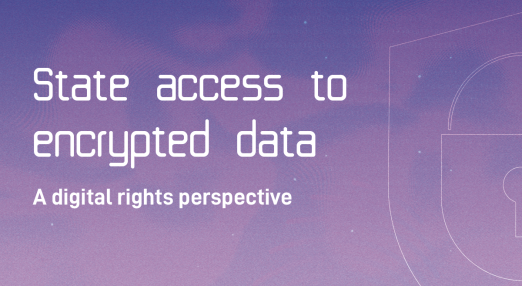
Position Paper: State access to encrypted data
EDRi’s new policy paper on encryption highlights that our privacy and security must be strongly protected, keeping into account the recent policy developments on encryption and law enforcement. Trust in communication systems is vital for our lives and connections with others. This allows us to work, socialise, organise, express ourselves, and care for each other safely.
Read more
-
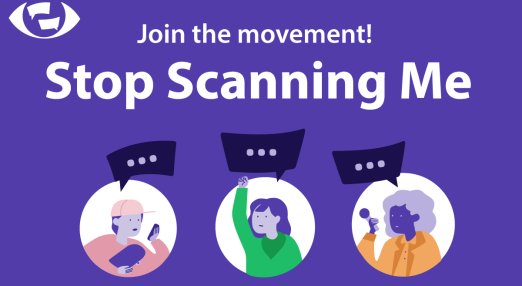
Position paper: A safe internet for all – Upholding private and secure communications
Despite the importance of its goals, the European Union’s proposed Child Sexual Abuse Regulation (CSAR) will not only fail in its aims to protect young people, but it will also even harm those it wants to protect.
Read more
-
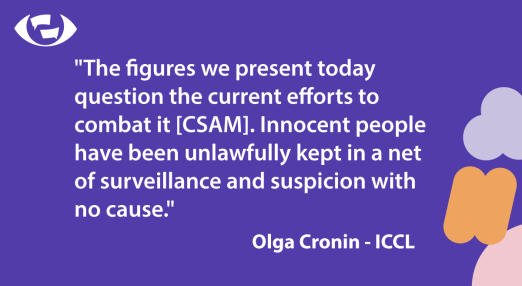
News from Ireland question effectiveness and lawfulness of online scanning for tackling child sexual abuse: Lessons for the EU
An investigation in Ireland published today shows that tools for scanning private communications to detect child sexual abuse material (CSAM) online suffer not only from low accuracy and high rates of false alarms but have led to people’s data and privacy being put in danger without reasonable suspicion.
Read more
-
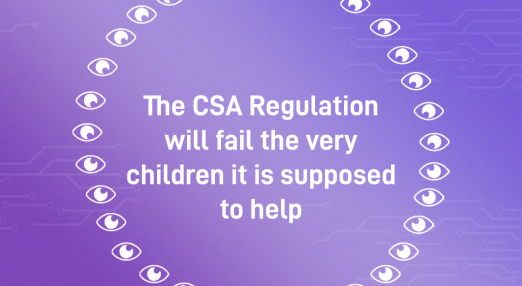
Johansson’s address to MEPs shows why the CSA law will fail the children meant to benefit from it
On 10 October 2022, EU Commissioner for Home Affairs, Ylva Johansson, addresses the European Parliament’s Civil Liberties (LIBE) Committee about the proposed EU Child Sexual Abuse Regulation (2022/0155). The address follows months of criticism from civil liberties groups, data protection authorities and even governments due to the risks it poses to everyone’s privacy, security and free expression online.
Read more
-

New EU Regulation pushes for journalism and media protection online
The European Media Freedom Act (EMFA) will intervene in the internal media market looking forward to improving the quality of media services and strengthening the integrity of the media market as a whole. EDRi finds particularly important the provisions regarding the prohibition of spyware against journalists and the rules bringing “more protection for media against unjustified online content removal”.
Read more
-

“Take it personal, and don´t”: changing the decolonising process and letting ourselves be changed
This blog reviews the decolonising process so far and what we've been upto since our last communication, shared in December last year. It adds detail to how we are organising, shifting, and re-orienting the iterative and complex needs of a decolonising process.
Read more
-

EDRi-gram, 28 September 2022
We celebrate the ruling of the Court of Justice of the European Union that the general storage of data undermines people's right to privacy and data protection. We're also exploring how a community-focused project enables young people to defend their online privacy.
Read more
-

New Data Retention ruling is a victory for civil society
The Court of Justice of the European Union (CJEU) has announced a historic judgement today: the current telecommunications data retention in Germany violates the fundamental rights of people in the European Union. The underlying data retention law is therefore null and void.
Read more
-

Securing privacy: Privacy International on end-to-end encryption
EDRi member Privacy International's (PI) report on end-to-end encryption (E2EE) analyses and defends expanding the use of E2EE to protect our communications. It defines E2EE, delves into its human rights implications, briefly addresses some prominent proposals for government access to E2EE content, and concludes with PI’s recommendations regarding E2EE.
Read more
-
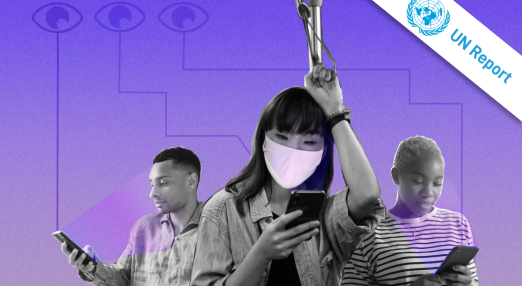
United Nations report voices digital rights groups’ concerns over encryption in EU’s new rules
On 16 November 2022, the United Nations Human Rights Office published a report on the right to privacy in the digital age warning against the European Union’s plans to undermine encryption and the threat of mass surveillance in the proposed chat control legislation.
Read more
